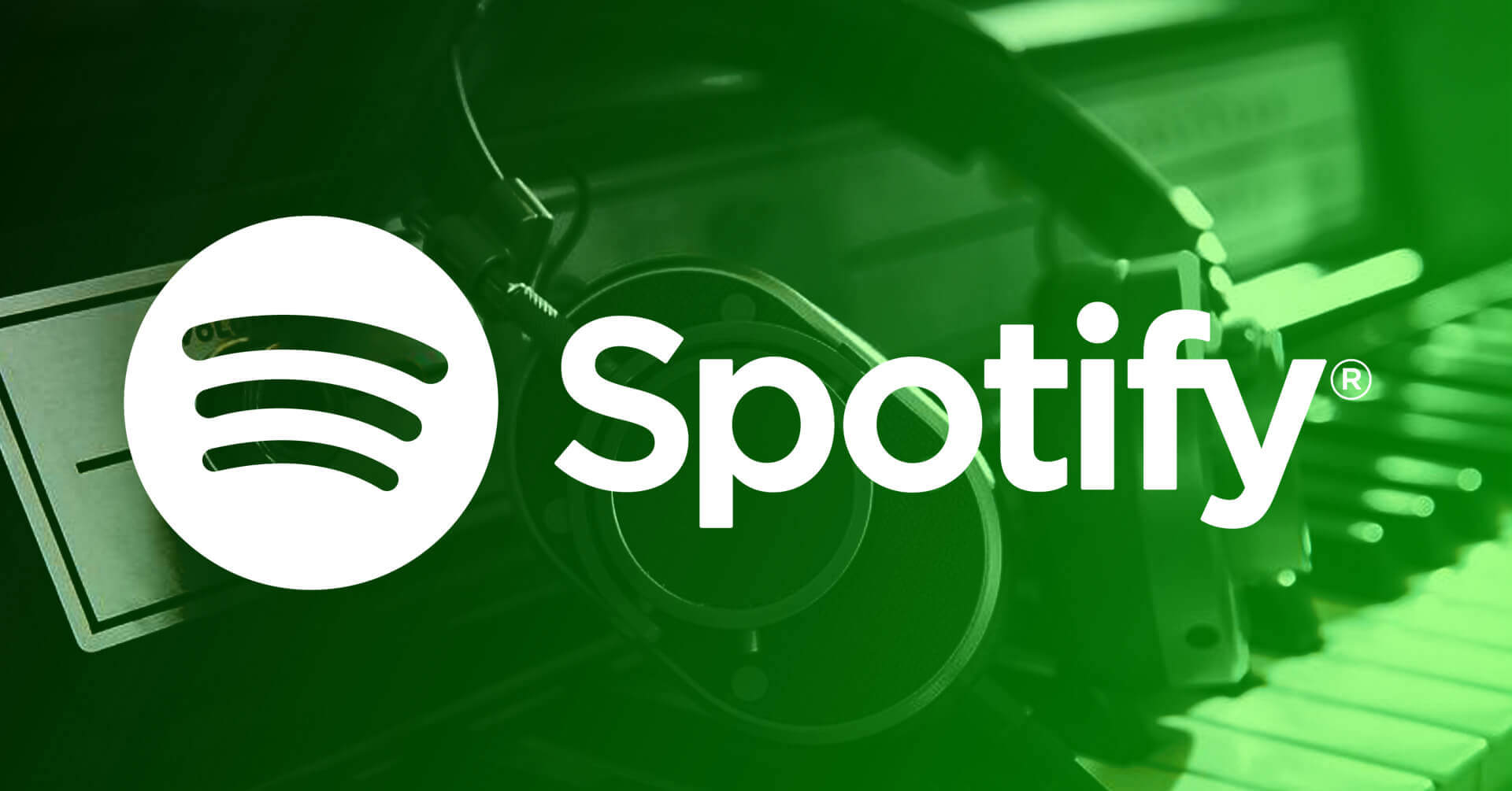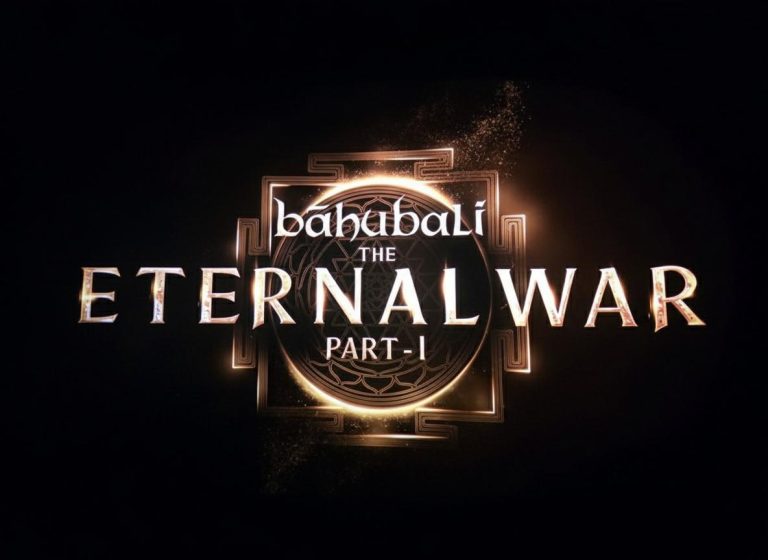Your favorite track got millions of streams on Spotify, but how many are genuine?
Streaming services like Spotify had aimed at bringing fairness to the music industry and extending the artists’ reach globally and making it easy for listeners to discover new music. This was supposed to help all artists generate revenue based on genuine streamers (listeners). But the bot army came along, artificially inflating the popularity of certain streamers, leading to distortion in payout and reshaping what the streamers stream.
Bot Streams – The Secret of Popular Music on Spotify
On Spotify, music streams when someone plays a song. The more the streams, the more popular the music.
But now, the streams are being created via bots and algorithms, which replay the songs at regular intervals with the sole purpose of making them famous fraudulently. Spotify is not alone; other streaming services are also facing similar problems.
The bots’ main aim is to make the songs popular, help them climb the charts and, in the end, increase the royalty to be paid to the artists.
This problem, which is undetectable to the average listener, has had a huge impact on the streaming industry.
Royalty Pool and the Economics of Fake Fame
Spotify works on a pro rata basis under which a fixed revenue pool gets divided among streamers based on their individual share of total streams.
With bots inflating the streams of a specific artist, not only do they increase the popularity of the artist, but they also increase the share of the revenue the artist gets. This directly impacts the revenue share of the other artists who have genuine streams, not inflated by bots. The most impacted are independent and small artists who already earn razor-thin revenue from the streaming services.
The Lawsuit that exposes it all
Having been impacted by the ongoing bot-influenced hike of the songs being streamed, rapper RBX filed a class-action lawsuit against Spotify. He has alleged that Spotify has turned a blind eye to the billions of fake bot streamers inflating the streams.
The lawsuit named Drake, not directly involved in the case, as someone who benefited along with some other artists when the bots boosted the streams for their songs.
This case has raised questions regarding the legitimacy of the global charts’ success metrics.
Spotify’s Response
Spotify, along with other streaming platforms that claimed that they are the victims of a highly sophisticated fraud, has stressed that they are investing heavily in the AI-based fraud detection process.
Once they identify tracks whose streams are inflated by bots, they either penalize those tracks or remove them, withholding associated royalties. They even have policies for penalizing the artists or the labels involved in the fraudulent activity.
AI music in the mix
AI-generated music adds another layer of problem to the existing bot issue. May streamers generate music via AI and upload it on the platforms to be played continuously by the bot and to take a share, no matter how minute, from the platform’s royalty pool.
Reforms are needed to be able to regulate the artificial bots and AI songs, or else the streaming would lose its core and become just a game of numbers.
Who is loosing what
The artificial boosting of the music streaming not only impacts the artists on the platform, but it also impacts the listeners who are streaming the music. When they listen to top chart numbers, there are chances that they would listen to the bot boost track and miss out on some genuinely good music.
The platforms could end up losing their credibility over time if this continues.
Thus, this issue is impacting everyone related to streaming.
Potential Reforms
It is time for the streaming platforms to take accountability, make reforms, and update policies so that the ongoing bot fraud can be curtailed. This would not only benefit the artists and the listeners but also help boost the streaming platforms’ credibility.
Some reforms that may get implemented:
1. Adoption of a User-Centric Payment System (UCPS), which would tie the listener’s subscription directly to the artists, thus impacting the royalty to be paid.
2. Waiting for measurable engagement before the streams get counted towards tracks.
3. Allowing artists and fans access to track performance dashboards, which would allow them to monitor and observe any discrepancies related to streaming boosts.
Music streaming platforms were presented to listeners as frictionless, fair platforms that would allow the artists global reach. But the involvement of algorithms and bots has raised flags on its authenticity, and it’s time for the platforms to act before it’s too late.
FAQs
Q: What are bot streams?
A: They are automated repetitions of tracks via fake accounts that inflate the streams of a track.
Q: How do bot streams impact artists?
A: The bot streams inflate certain tracks, which leads to higher revenue being allocated to them from the revenue pool, thus reducing the revenue for genuine artists.
Q: Do bot streams impact listeners?
A: Yes, the bot streams can impact listeners, as they would end up listening to tracks with artificially inflated streams rather than genuine good songs.
Q: What steps has Spotify taken to combat the issue?
A: Spotify has implemented AI tools to detect fake songs and penalize artists and distributors.
Q: Is there a long-term fix to the issue?
A: Yes, by shifting to a user-centric payment system and increasing track performance transparency along with stringent penalties can help reduce the impact.





